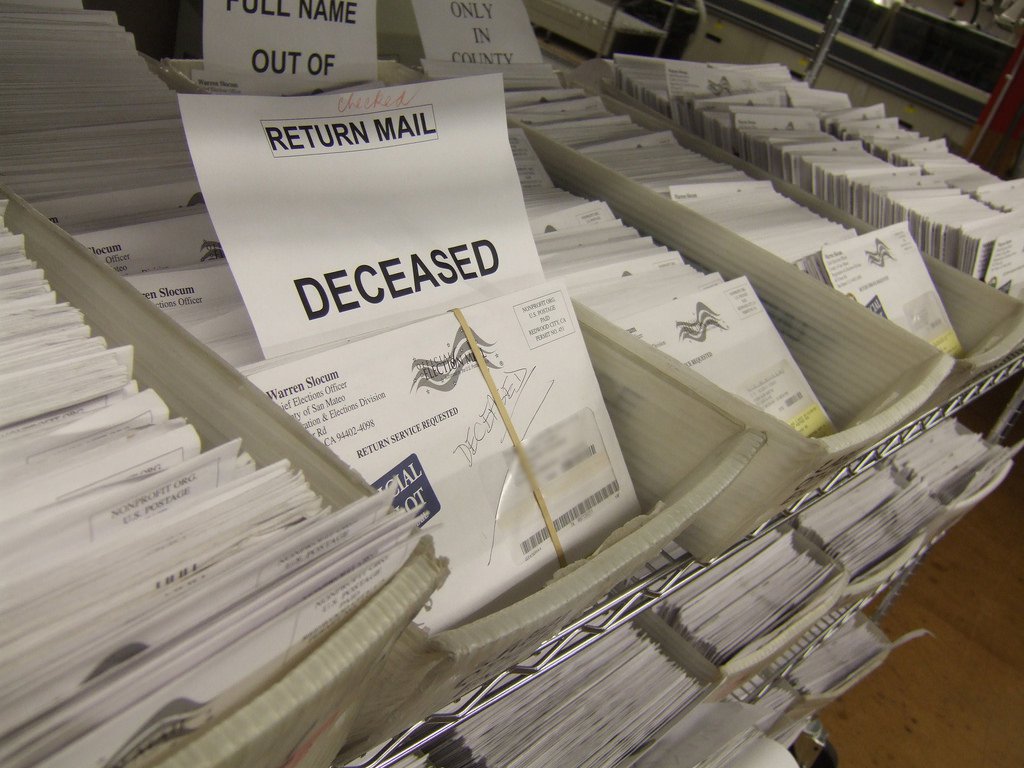
The Federalist
The Federalist's Self-Proclaimed Bias
In September 2013, co-founder Ben Domenech, a conservative writer and TV commentator, wrote that The Federalist was inspired by the worldview of the original TIME magazine, which he described as "[leaning] to the political right, with a small-c conservatism equipped with a populist respect for the middle class reader outside of New York and Washington, and an abiding love for America at a time when snark and cynicism were not considered substitutes for smart analysis."
Domenech wrote that The Federalist would be informed by TIME's 1920s “list of prejudices” for the magazine, which included principles such as:
- A belief that the world is round and an admiration of the statesman’s view of all the world.
- A general distrust of the present tendency toward increasing interference by government.
- A prejudice against the rising cost of government.
- Faith in the things which money cannot buy.
- A respect for the old, particularly in manners.
- An interest in the new, particularly in ideas.
With ballot-harvesting, paper votes are collected by intermediaries who deliver them to polling officials, presumably increasing voter turnout but also creating opportunities for mischief.
America’s electoral obsession isn’t Russian meddling anymore. It’s ballot-harvesting, a long-disputed practice implicated in fraud that’s come to the fore with the nationwide embrace of absentee voting in recent years — and especially in last month’s midterms.
With ballot-harvesting, paper votes are collected by intermediaries who deliver them to polling officials, presumably increasing voter turnout but also creating opportunities for mischief.
The latter is suspected in North Carolina, where uncharacteristic Democratic charges of vote fraud prompted an investigation into whether Republican-paid political operatives illegally collected and possibly stole absentee ballots in a still-undecided congressional race. A national spotlight was shone by The New York Times, which, like Democrats, often minimizes vote fraud; it flooded the zone in this case, assigning five reporters to a single story.
In California, by contrast, Democrats exulted as they credited a quietly passed 2016 law legalizing ballot-harvesting with their recent sweep of House seats in the former Republican stronghold of Orange County, thereby helping them win control of the House. In that case, it was Republican eyebrows that were arched. House Speaker Paul Ryan said what happened in California “defies logic.”
In Orange County, an estimated 250,000 harvested ballots were reportedly dropped off on Election Day alone. County Republican Chairman Fred Whitaker claimed the 2016 law “directly caused the switch from being ahead on election night to losing two weeks later.”











